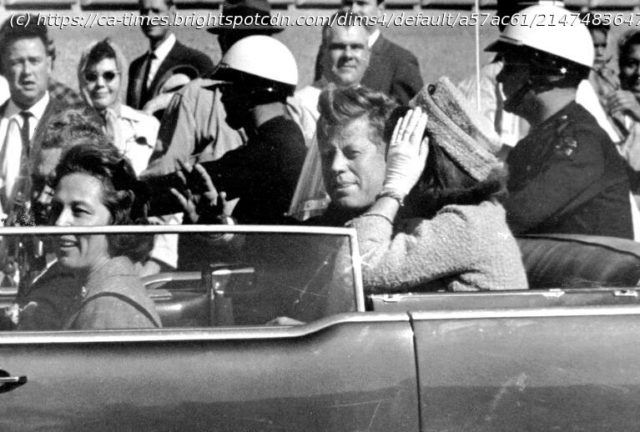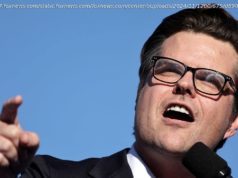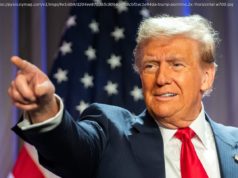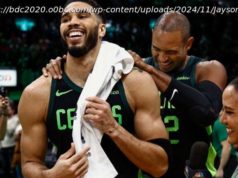The book on the Kennedy assassination refuses to stay closed, and three documentaries timed to the current anniversary help expand, or reframe, our understanding.
Wednesday, Nov. 22 is the 60th anniversary of the assassination of President John Fitzgerald Kennedy. Do people, by which I mean people younger than me — and that is a whole lot of people — still recognize this date, let alone its importance?
We’re used to the idea, from science fiction, that even small alterations to the past can change the present for the worse. But the last six decades really might have taken a different course, in a good way, I mean, had Kennedy survived; it was a critical moment in history, a node in the timeline. In any case, it’s hard to imagine that where we might have gone could be worse than where we are now, politically speaking.
That we’ll never know is part of what keeps the story alive; there’s nothing like a story cut off halfway to make you thirst for the ending. The most mythologized humans in our culture all died young, suddenly or violently: Elvis, Marilyn, James Dean, Abraham, Martin and John.
There’s more to it than that, obviously. Those people were special in their own right, already charismatic, talented, dedicated to bringing forth a better world. We don’t spend as much time mulling the unfulfilled promise of James Garfield or William McKinley, presidents every bit as assassinated as JFK or Lincoln, or wondering if there’s more to the story than the history books tell. Nobody wonders for long, at any rate, while the Kennedy assassination is a cottage industry, to understate the case — a subject for books and movies and television shows, for fiction and nonfiction and that gray area between them called the conspiracy theory.
Jack and Jacqueline Kennedy were often likened to “movie stars” in looks and charisma, but television was the medium that made them. His political career began in 1947, the same year that “Meet the Press” premiered, just as television was getting up on its feet; by the time of the first presidential debate with Richard Nixon, in 1960, 90% of American households had a television. It’s often said that Kennedy won the first debate on TV and Nixon, who looked fidgety and pale, on the radio. With 70 million people viewing, that was a big enough audience to gain advantage in a tight race.
The Kennedys were not your average Americans — both Jack and Jackie came from money — and yet, as a young couple with small children, they were widely relatable.
Start
United States
USA — Science 60 years later, JFK’s assassination still raises questions. These 3 docs have...






